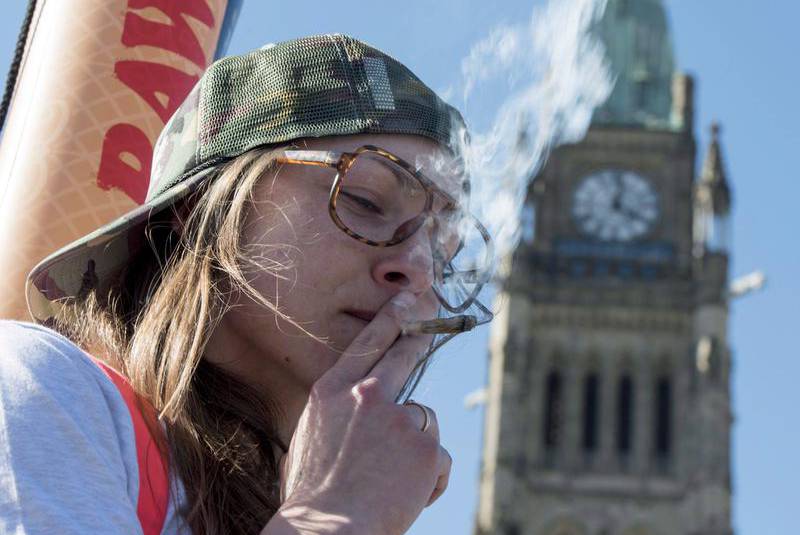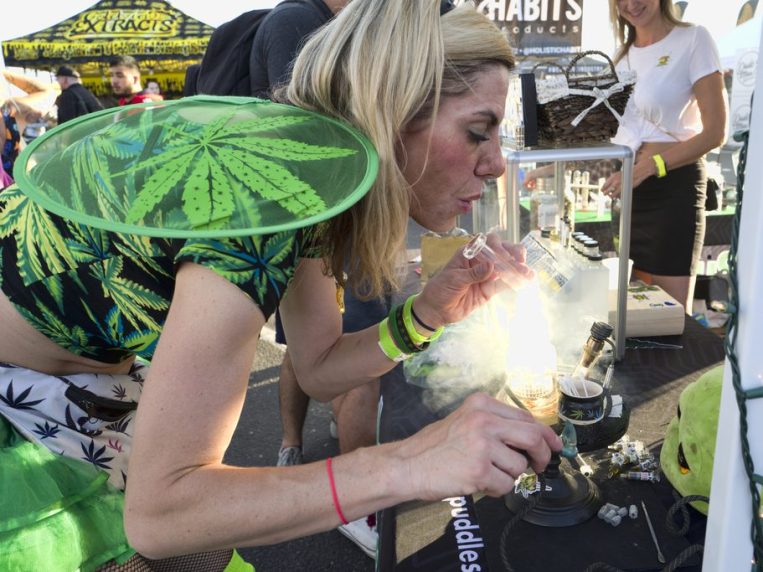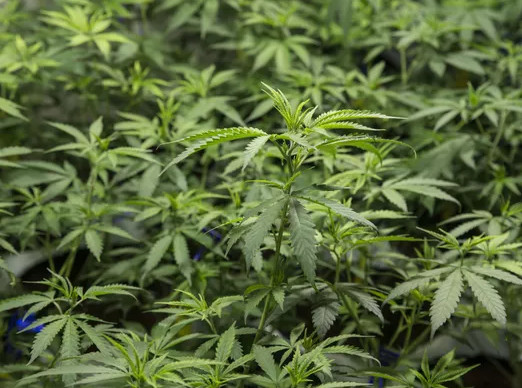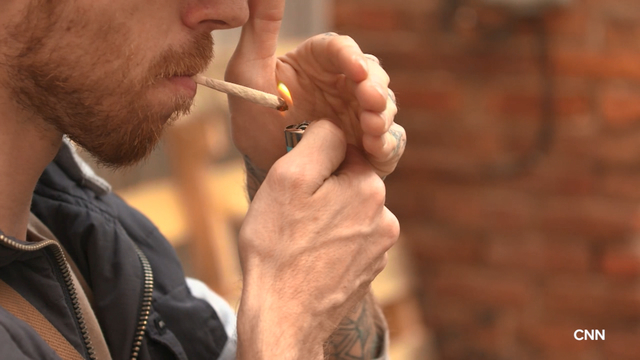THERE’S BEEN A LOT of pot talk lately on Beacon Hill, as the House and Senate battle back and forth over whether changes should be made (and which ones) to the law voters approved last fall legalizing recreational marijuana.
But there has also been a lot of chatter at the local level, where communities concerned about the arrival of pot have been moving to bar marijuana retailers from operating within their borders. So far, nearly 30 communities have voted to prohibit retail pot establishments, some permanently and some temporarily.
Most of those communities were consistent, voting against legalizing marijuana last fall and voting to keep out pot establishments this spring. But six communities did something very interesting – they voted for the pot referendum last fall and then voted to bar pot establishments this year. The seemingly contradictory votes suggest one of two things. Either the voters in the municipalities were OK with pot but didn’t want it sold in their backyard, or they changed their mind about marijuana in the space of just a few months.
Political analysts say the change of heart is more about voting patterns than anything else. Statewide elections, like the one last fall when recreational marijuana was legalized, generally bring out more voters who show up at the polls for a variety of reasons. Municipal elections, by contrast, tend to attract smaller crowds, people who tend to be older, more conservative, and focused on narrower issues.
“It’s not that the town’s opinions changed. It’s who turned out to vote that’s changed,” said Erin O’Brien, the chair of the political science department at the University of Massachusetts Boston.
Peter Ubertaccio, associate professor of political science at Stonehill College in Easton, said local elections draw a different type of voter. “Standard town meetings or elections are going to have older citizens and typically folks who are well rooted in the community,” he said. “Procedurally [town meetings or elections] can be very difficult to follow for people who aren’t regular members.”
Stoughton and Holliston were two towns that changed their mind about marijuana between last fall and this spring. Last fall, 8,677 people turned out to vote in Holliston, and the pot referendum passed by a margin of 52-48. Last month, only 1,672 people cast ballots in the town’s election, and the margin was 67-33 against, with 1,101 for and 543 against.
“We don’t know what regulations and what rights we’re going to have, it just seems safe to ban retail sales until we know what the regulations are,” said Holliston resident Bill Blinstrub, who voted in favor of the statewide legalization and against the town’s ban. “I think they [town leadership] were afraid of not having a say over who opens up.”
Rep. Carolyn Dykema of Holliston agreed, saying voters in her town approved the statewide referendum with the view that recreational use should be legal but the sale of pot should not take place at retail shops in town.
“I know a number of folks that seem to have approved of the question on the [town] ballot in town meetings, but didn’t necessarily oppose it during state elections,” said Dykema. “Many people want to wait until there is better control on regulations and how procedures over retailers are put in place.”
Stoughton followed a similar pattern as Holliston, with 14,448 votes cast last fall and 3,210 this spring. The vote on marijuana in the two elections went from 51-49 in favor last fall to 68-32 opposed this spring.
Jon Lott, a longtime Stoughton resident and town meeting representative who opposed the ban, said he knew he faced an uphill battle when the town decided to hold a local referendum on the issue. He said local elections bring out a different group of voters.
“It’s a lot of townies, the kind of people that wouldn’t support marijuana establishments in town,” he said. Still, Lott said, there were a lot of people in Stoughton who supported the legalization of marijuana but didn’t see the need to have a pot shop in town.
The Stoughton Board of Selectmen voted unanimously to hold a local referendum on whether to allow pot establishments in town after hearing complaints from voters, including a letter supporting a ban issued by the police chief. Other residents said they feared the legalization of marijuana would make the drug much more accessible for minors.
“I expected the town would vote [in the town election] to exclude marijuana sales and that’s what they did, based on the sentiments I heard from people in the community,” Stoughton Selectman Robert O’Regan said of the contradictory voting results. “What I’ve heard is increasing concern that some of the aspects of brain development might be affected by various substances, particularly in young adults and teenagers.”
Stephanie Patton, the prevention coordinator at OASIS (Organizing Against Substances In Stoughton), said she thought NIMBYism was the driving force in the vote to ban retail sales in her town. “A lot of people wanted marijuana sales in Massachusetts, but a lot of people were, like, not in my backyard,” she said.
Under the law approved by voters last November, municipalities can bar retail pot establishments only through a town-wide referendum. The Senate’s version of the marijuana legislation is expected to retain that provision. Under the legislation approved by the House, municipal governing boards, such as a city council or board of selectmen, could opt out without the need for a voter referendum.
If the House version prevails, many analysts expect more and more communities to adopt retail bans. Some big-city mayors have expressed concerns that they will be stuck with all the pot shops. Boston Mayor Marty Walsh, for example, told Boston Herald Radio in May that the Legislature shouldn’t allow retail bans, particularly in communities that voted for the ballot question in November.
“If they voted for it, they should have a pot shop in their neighborhood, they shouldn’t have to drive to Boston for it,” Walsh said.
Others are worried that NIMBYism could rear its head in communities that accept retail establishments. The Legislature’s black and Latino caucus sent a letter to House Speaker Robert DeLeo recently raising concerns about the potential for oversaturation of pot shops in low-income communities. “We are concerned that the issue of ‘not in my backyard’ will result in an influx of dispensaries in our urban centers, as is the case with many of our state’s affordable housing and human services sites,” the caucus said.
credit:commonwealthmagazine.org













